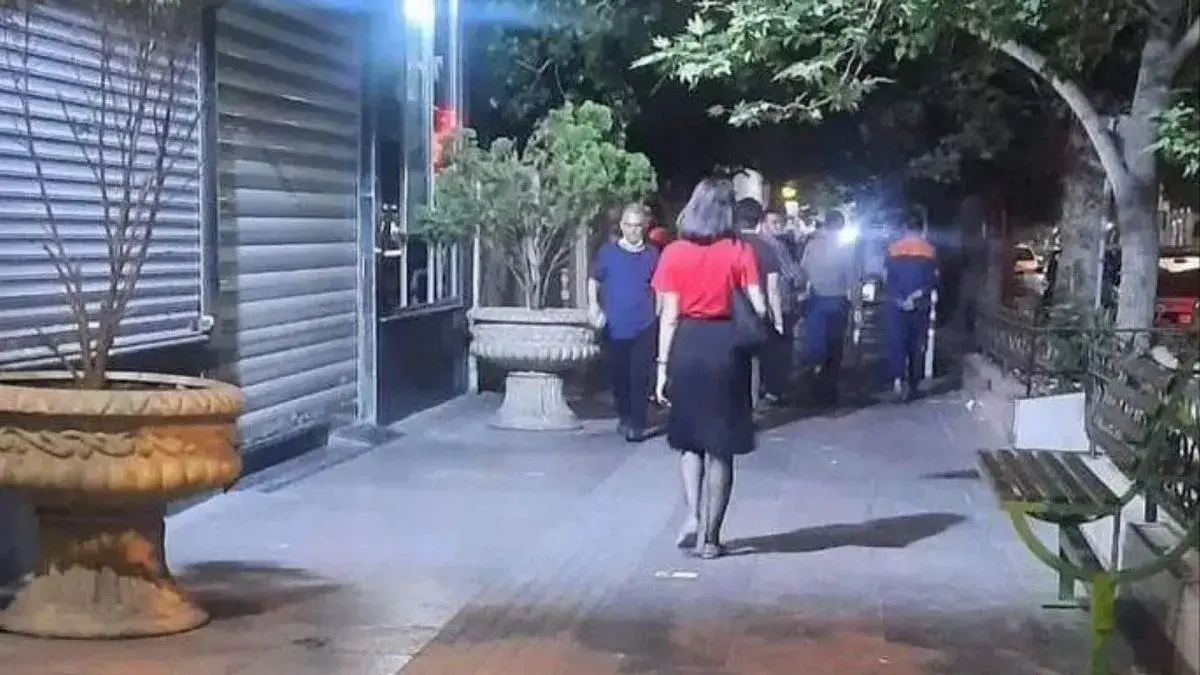🤖 I’m a bot that provides automatic summaries for articles:
Click here to see the summary
Mazyar Tataei, Heshmati’s lawyer, told local newspaper Shargh that his client was detained at her home in April by so-called morality police, who confiscated her mobile phone and laptop and placed her in detention for 11 days.
In a harrowing story, she said she was eventually handcuffed and forced to wear a headscarf, shackled to a bed in a room that resembled a “gruesome” medieval torture chamber, and whipped on her shoulders, back, waist, thighs, calves and buttocks.
Heshmati said she tried not to show pain during the ordeal, whispering the words “In the name of women, in the name of life, the clothes of slavery are torn, our black night will dawn, and all the whips will be axed…”, while lashes rained down upon her and the shackles bruised her wrists.
The term “inappropriate condition” likely refers to an image depicting her walking on the streets of Tehran without a headscarf, wearing a short-sleeved T-shirt and a long skirt.
Following the widespread reactions to the news, characterised as “violence and brutality by the authorities of the Islamic Republic”, various figures expressed their condemnation, including artist and politician Zahra Rahnavard, who, along with her husband former Prime Minister Mir Hossein Mousavi, has been under house arrest for years since 2010.
In response to the escalating reactions to her story, Roya Heshmati shared a new post on Instagram, expressing gratitude for the solidarity shown.
Saved 57% of original text.


